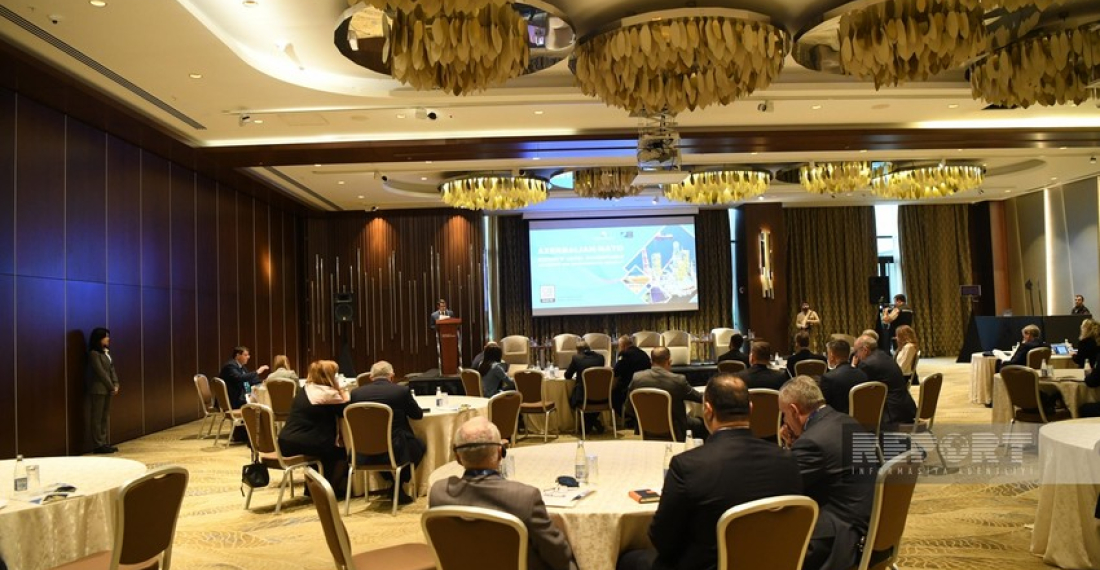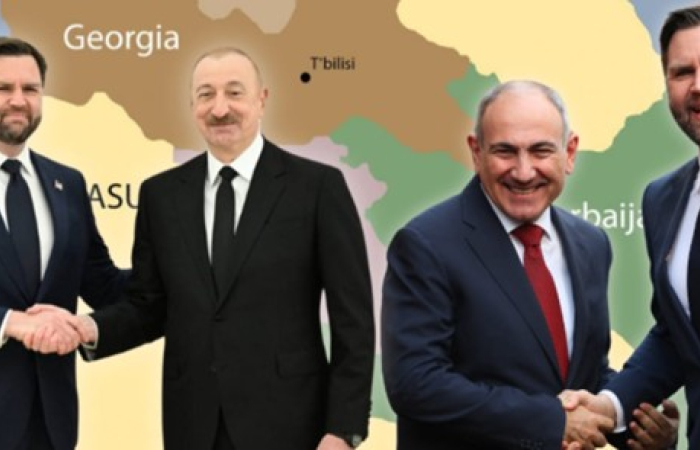On Monday (28 October), Azerbaijan held a meeting in Baku with NATO's Climate and Energy Security Sector representatives from the Innovation, Hybrid Issues and Cybersecurity Division and representatives from NATO member and partner countries to discuss energy security and climate change.
The agenda focused on Azerbaijan's role in ensuring Europe's energy security, potential threats to critical energy infrastructure and how the effects of climate change could affect energy supplies. Anar Mutallimov, Deputy Head of the Military-Political Department of the Azerbaijani Ministry of Foreign Affairs, said: "Azerbaijan will continue to play a vital role in enhancing energy security in the Euro-Atlantic region. Last year, Azerbaijan produced 23 billion cubic metres of gas, of which 9 billion cubic metres were destined for export to Europe". In light of Azerbaijan's leading role in the upcoming COP29, the discussions focused on the various vulnerabilities affected by climate change and strategies to better develop and implement green energy solutions.







